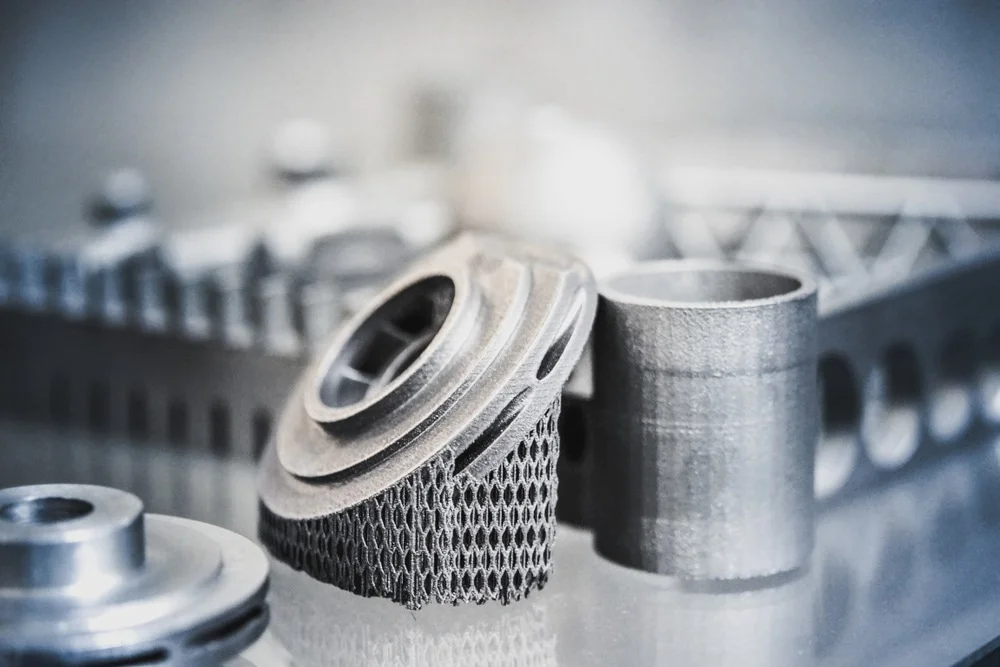ISO 11359 Thermal Expansion Testing of Polymers at High Temp
The ISO 11359 standard provides a robust framework for determining the linear thermal expansion of polymers under high-temperature conditions. This test is essential in industries where materials must perform reliably across wide temperature ranges, such as aerospace, automotive, and electronics.
Thermal expansion testing at high temperatures can reveal critical information about how polymers respond to elevated temperatures, which is crucial for the development of new materials or modifications to existing ones. The test measures the change in length of a polymer sample as it is subjected to increasing temperature under controlled conditions. This data helps engineers and researchers predict performance over time, ensuring that materials meet the stringent requirements of their applications.
The ISO 11359 method typically involves heating the polymer specimen gradually while measuring its expansion using precision instruments like dilatometers or resistance wire gauges. The process is conducted under a specific set of conditions to ensure accurate and reproducible results. These conditions include precise temperature control, consistent heating rates, and standardized sample preparation.
Understanding the thermal expansion behavior of polymers at high temperatures can prevent issues such as dimensional instability, which could lead to product failures in extreme environments. For instance, in aerospace applications, materials that do not expand or contract predictably under heat may cause structural integrity problems. Similarly, in electronics, such knowledge is vital for designing components that endure the heat generated by operation.
The test is also useful in identifying suitable polymers for specific high-temperature applications. By comparing the results of different materials, engineers can select those with optimal thermal stability and dimensional uniformity. This information is invaluable for quality assurance teams who need to ensure compliance with industry standards and specifications.
Furthermore, ISO 11359 testing supports research into new polymer formulations by providing data that can guide the development of materials with improved properties. The test results help in optimizing chemical compositions and processing techniques, leading to more durable and efficient products.
Why It Matters
The importance of ISO 11359 thermal expansion testing at high temperatures cannot be overstated. In sectors like aerospace and automotive manufacturing, where materials are subjected to extreme conditions, accurate knowledge of their thermal behavior is crucial for ensuring product reliability and safety.
Understanding the thermal expansion characteristics allows manufacturers to predict how materials will behave under various temperature stresses. This information is vital in designing components that can withstand harsh environmental conditions without compromising performance or integrity.
The test also aids in troubleshooting issues related to material selection and application design. For example, if a polymer exhibits excessive expansion at high temperatures, it may not be suitable for use in applications where dimensional stability is critical. Conversely, a polymer with minimal expansion could be an excellent candidate for parts that need to maintain their size and shape under heat.
From a regulatory standpoint, compliance with ISO 11359 ensures that materials meet international safety standards, which is essential for exporting products globally. This conformity not only simplifies the export process but also enhances the reputation of manufacturers as reliable suppliers in the international market.
Benefits
- Informed Decision-Making: Provides critical data for selecting appropriate materials that can withstand high temperatures without deforming.
- Improved Product Quality: Ensures that products are reliable and meet the necessary performance criteria, enhancing customer satisfaction.
- Enhanced Compliance: Ensures compliance with international standards and regulations, simplifying export processes and reducing legal risks.
- Cost Efficiency: Identifies potential issues early in the development process, saving costs associated with redesigns and retesting.
International Acceptance and Recognition
The ISO 11359 standard is widely recognized and accepted by regulatory bodies across the globe. Its consistent methodology ensures that results are comparable and reliable, which is essential for international trade.
- Aerospace: Critical for material selection in aircraft components exposed to high temperatures during operation.
- Automotive: Important for parts that must perform reliably under engine heat and other environmental stresses.
- Electronics: Necessary for ensuring the durability of circuit boards and other electronic components.





